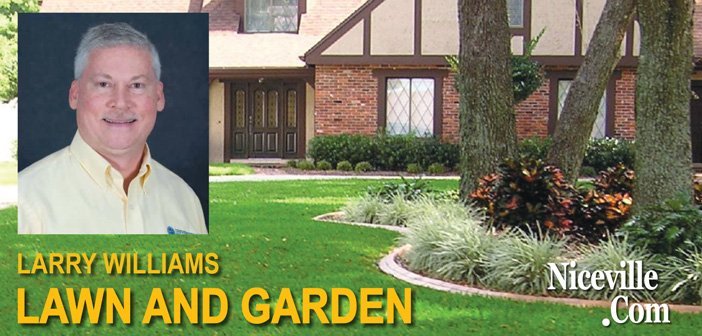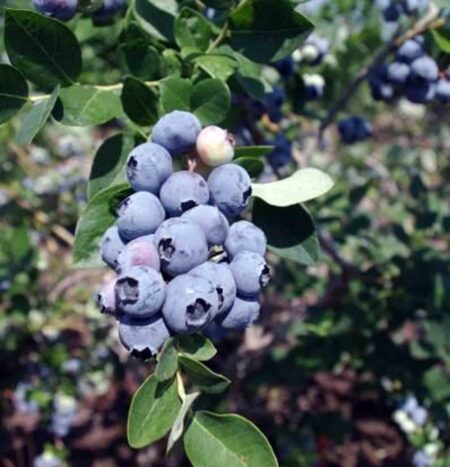Q. I have had little luck with growing carrots and beets here. Carrots get rotten tops in the summer heat and beets shrivel up and die. How can I improve my results?
A. There are many cool season plants that can be grown in the winter garden here in North Florida. However, the same plants that do well in fall, winter and early spring can’t handle the heat of late spring and summer. So planting time is critical. Beets and carrots are cool season vegetables and as such should be planted from mid-September to early March. Fertilizing correctly is also important for root crops like carrots and beets. Too much nitrogen with not enough potassium will produce lots of leaves but minimize development of the root portion that is the edible part. The best way to take the guesswork out of fertilizing is to have your soil tested. You can contact our office for details on soil sampling. Also make sure that the garden area is well drained and that you are not watering too much. Listed below is a University of Florida Extension web page on vegetable gardening that should be helpful. http://edis.ifas.ufl.edu/TOPIC_Vegetable_Gardening
Q. I have a lot of compost from lawn cuttings, limb shreddings, etc. A lot of weed seeds are in this and it does not get hot enough to kill the seeds. Is there a treatment to kill the seeds? Can I use a preemergence lawn fertilizer to control weeds in my compost pile?
A. Compost is a great idea to help improve garden soil. The best way to handle the weeds in a compost pile is to frequently turn the pile. This allows uniform mixing and more even heating of the entire pile. It’s the heat that’s produced during decomposition of the raw materials in a compost pile that kills the weed seeds. Turning and mixing the material also introduces oxygen throughout the material aiding decomposition. If turning and mixing the pile is ignored, the material on the surface of the pile never gets hot enough to kill the seeds. The compost pile also should be kept evenly moist. If it gets too dry or stays too wet decomposition will slow down or stop altogether. Never use any weed killer (herbicide) including weed and feed products in a compost pile. If you do, you may not only kill plants growing in the compost but you also may have growth problems with your garden plants for a long time. Below is a University of Florida Extension Web Page on composting with a wealth of information. http://livinggreen.ifas.ufl.edu/waste/composting.html
Larry Williams, UF/IFAS Extension Agent, Okaloosa County, January 19, 2016




